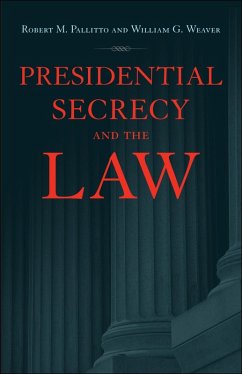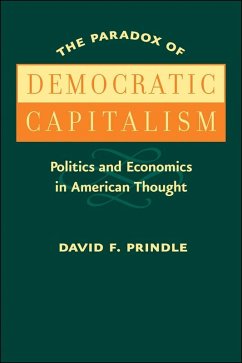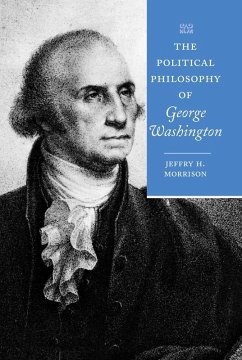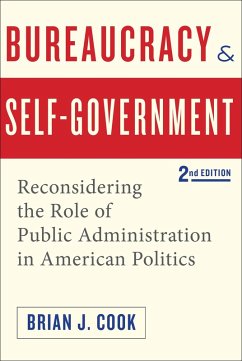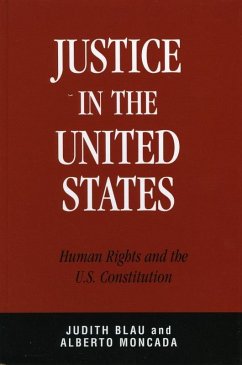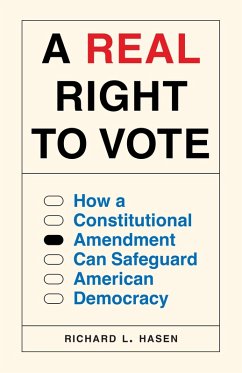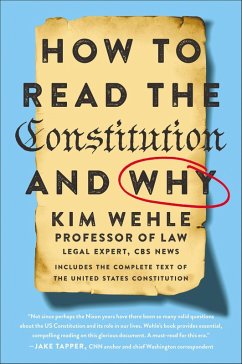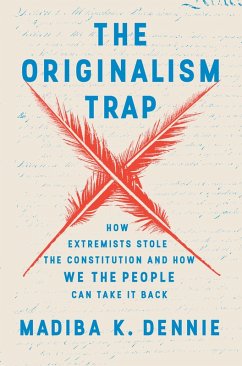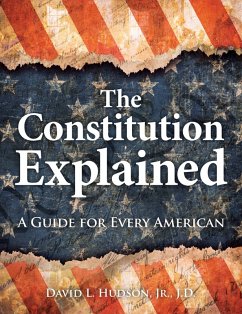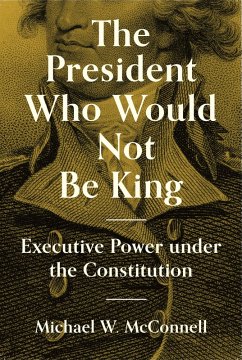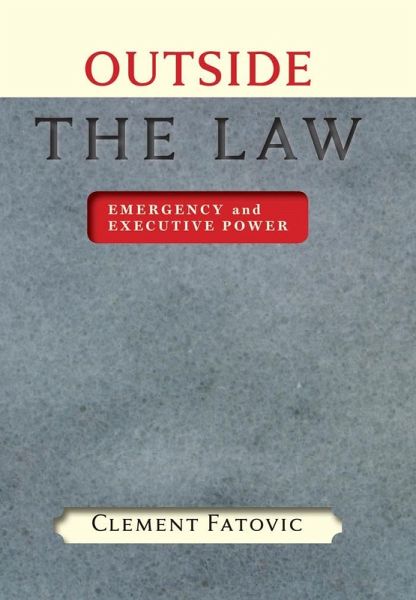
Outside the Law (eBook, ePUB)
Emergency and Executive Power
Versandkostenfrei!
Sofort per Download lieferbar
31,95 €
inkl. MwSt.
Weitere Ausgaben:

PAYBACK Punkte
16 °P sammeln!
The origins of presidential claims to extraconstitutional powers during national crises are contentious points of debate among constitutional and legal scholars. The Constitution is silent on the matter, yet from Abraham Lincoln's suspension of habeas corpus during the Civil War to George W. Bush's creation of the "e;enemy combatants"e; label, a number of presidents have invoked emergency executive power in defense of actions not specifically endorsed in the Constitution or granted by Congress.Taking up the debate, Clement Fatovic digs into the intellectual history of the nation's foun...
The origins of presidential claims to extraconstitutional powers during national crises are contentious points of debate among constitutional and legal scholars. The Constitution is silent on the matter, yet from Abraham Lincoln's suspension of habeas corpus during the Civil War to George W. Bush's creation of the "e;enemy combatants"e; label, a number of presidents have invoked emergency executive power in defense of actions not specifically endorsed in the Constitution or granted by Congress.Taking up the debate, Clement Fatovic digs into the intellectual history of the nation's founding to argue that the originators of liberal constitutional theory explicitly endorsed the use of extraordinary, extralegal measures to deal with genuine national emergencies. He traces the evolution of thought on the matter through the writings of John Locke, David Hume, William Blackstone, and the founding fathers, finding in them stated support for what Locke termed "e;prerogative,"e; tempered by a carefully construed concept of public-oriented virtues. Fatovic maintains that the founders believed that moral character and republican decency would restrain the president from abusing this grant of enhanced authority and ensure that it remained temporary.This engaging, carefully considered survey of the conceptions of executive power in constitutional thought explains how liberalism's founders attempted to reconcile the principles of constitutional government with the fact that some circumstances would demand that an executive take normally proscribed actions. Scholars of liberalism, the American founding, and the American presidency will find Fatovic's reasoned arguments against the conventional wisdom enlightening.
Dieser Download kann aus rechtlichen Gründen nur mit Rechnungsadresse in A, B, BG, CY, CZ, D, DK, EW, E, FIN, F, GR, HR, H, IRL, I, LT, L, LR, M, NL, PL, P, R, S, SLO, SK ausgeliefert werden.




